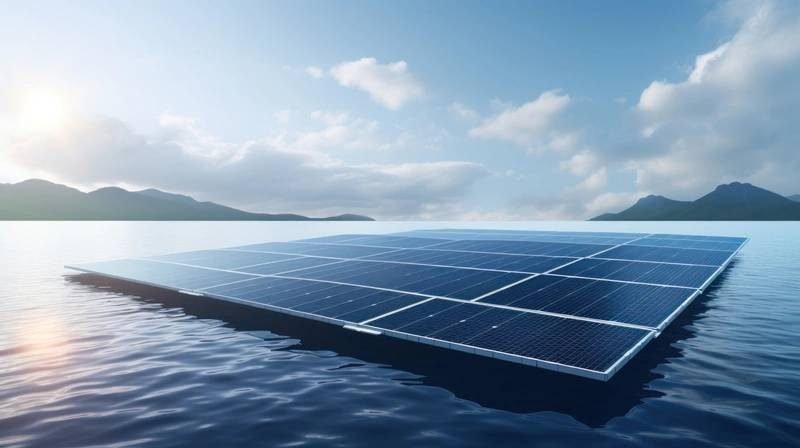Fishing has been a crucial source of livelihood for Alejandro Alcones for 40 years, but he is now concerned that his small boat may be replaced by a floating solar farm on Laguna de Bay, the largest lake in the Philippines. Alcones is part of a group of fishermen who oppose the government’s plan to install solar panels on the lake, which is a major source of freshwater fish in the country. The government is seeking renewable energy sources to meet the increasing demand for power, but Alcones and others argue that the lake sustains their livelihoods and provides an alternative income for many in the community.
The Philippines, an archipelago with limited land resources, aims to generate half of its electricity from renewable sources by 2040. Floating photovoltaics, such as solar panels installed on reservoirs and offshore waters, are seen as a viable option for countries with scarce land and high population density. However, these innovative projects may pose challenges for people who rely on fishing and agriculture for their livelihoods. The Laguna Lake project, which aims to install floating solar panels on the lake, has sparked concerns among fishermen about potential impacts on their fishing grounds and communities.
The Laguna Lake Development Authority (LLDA) has awarded contracts to three companies for the installation of floating solar projects on the lake, which is expected to generate 2 gigawatts of electricity by 2026. While the government supports the development of floating solar projects to meet renewable energy targets, fishermen like Alcones fear that the project could disrupt their livelihoods and pose hazards to their communities. There are concerns about reduced fishing grounds, potential hazards during extreme weather events, and long-term environmental impacts of waterborne solar panels. Despite the potential benefits of floating solar farms, there is a need for meaningful engagement with impacted communities to ensure a just transition to clean energy.
Share it now







